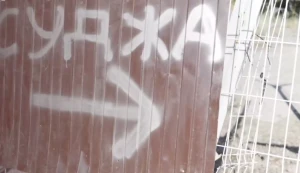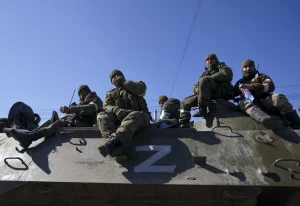
Ukraine’s President’s Office prepares for major challenges
Presidential elections in the USA are set for November 5. This date is seen by the Office of the President of Ukraine (OP) as a potential turning point in US foreign policy. Consequently, all significant political events in the next three months are expected to align with it
The OP is facing a series of urgent challenges requiring swift action.
First is the situation at the front, which has been far from encouraging for President Volodymyr Zelenskyy's team. Predictably, the blame for military setbacks has fallen on the commander-in-chief of the Armed Forces, Oleksandr Syrskyi. For over a month, OP's "parliamentary attack dog," Mariana Bezuhla, has led an information campaign against him.
On July 26, she called for Syrskyi's resignation: "I sincerely regret that... you did not act like Biden." According to sources in the OP, the Verkhovna Rada, and military circles, Syrskyi's resignation seems imminent.
Frontline losses are accompanied by military discontent and scandals. Recently, Emil Ishkulov, commander of the 80th Airborne Assault Brigade, was dismissed. Numerous bloggers and Telegram channels reported that Ishkulov was fired for refusing to send his troops on "meat assaults." The Command of the Airborne Assault Forces had to clarify, stating that Ishkulov would be appointed to a higher position.
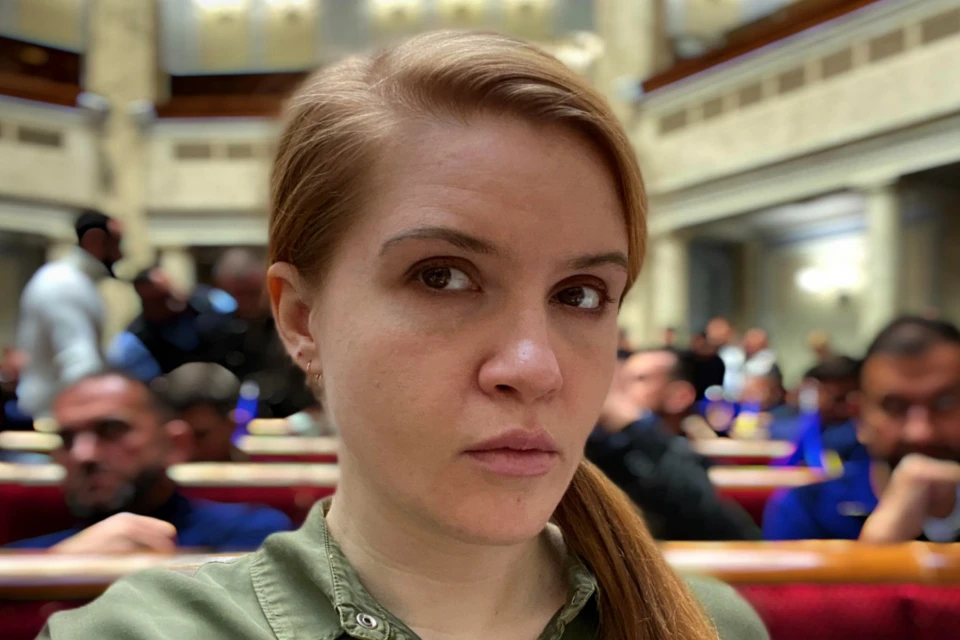
Mariana Bezuhla, Photo: facebook.com/m.bezuhla
Earlier, Sildstvo.info reported losses from a months-long operation on the left bank of the Dnipro River in Krynky, Kherson region: 788 men are listed as missing from October 2023 to the end of June 2024, while the number of dead soldiers recovered and buried is much smaller - 262 during this period. No one considers the operation to hold Krynky a success, and even the military question the necessity of such an operation given the resources spent.
Meanwhile, the Russian army is advancing in Donbas, with their advanced units already 20 kilometers from Pokrovsk and Myrnohrad - key logistics centers near the administrative border of Donetsk and Dnipropetrovsk regions. The General Staff and military circles are not ready to predict the effectiveness of the brigades formed and replenished during the current stage of mobilization. However, sources suggest that the main issue is not the dismissal of Syrskyi, but finding a candidate to replace him. There is no suitable replacement at present.
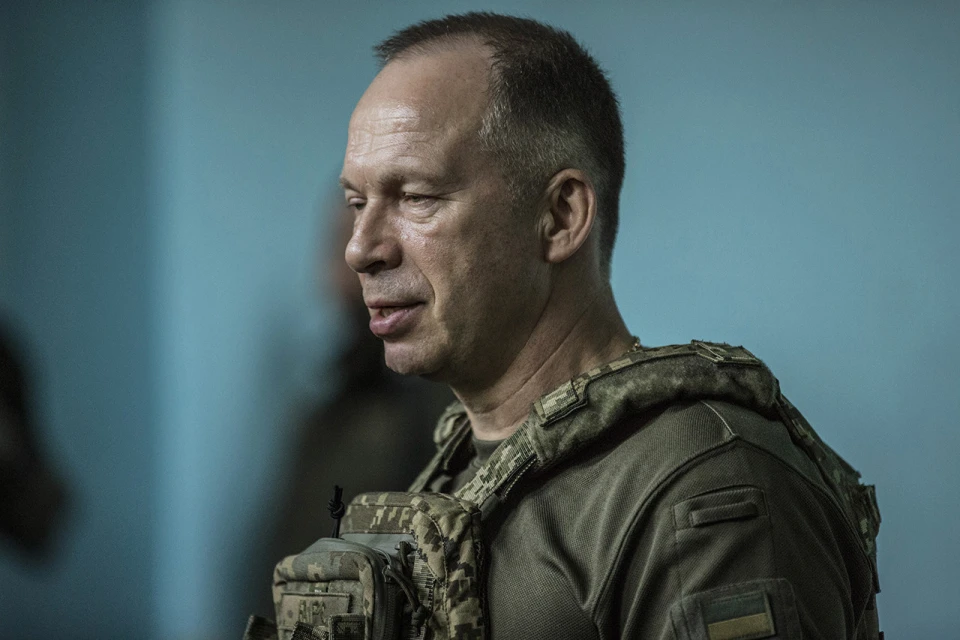
Commander Syrskyi, Photo: GettyImages
Increasing the pace of mobilization has, of course, created the need for additional funds, as such funds were not included in the State budget. Roksolana Pidlasa, head of the budget committee in the Verkhovna Rada and another "voice of the Office," announced an additional need for 500 billion hryvnias. Today, Finance Minister Serhiy Marchenko confirmed this amount in a conversation with RBC-Ukraine.
Regarding the economy of a country at war, this is a significant amount. It won't be possible to secure it through additional international financial aid. Therefore, the authorities plan to find these funds by raising taxes. Pidlasa stated that to pay the military at the end of September, the president needs to sign the budget changes by mid-September. Hence, these changes must be adopted by the end of August.
Sources from the "Servant of the People" faction in the Verkhovna Rada call such statements "quite optimistic," as the deputies understand the public outrage the decision to raise taxes will cause. The Office of the President is also calculating how much the ratings of Zelenskyy and his party will drop. However, our contact in the Verkhovna Rada says there are few options, and the deputies will be "pushed" to vote for this extremely unpopular bill.
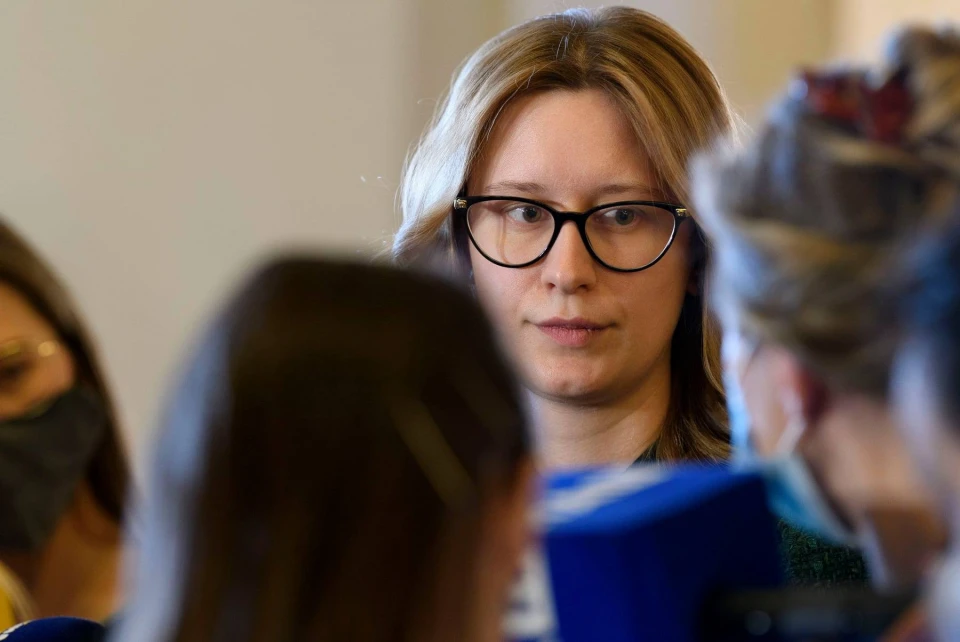
Roksolana Pidlasa, Photo: https://www.facebook.com/photo/?fbid=1719180271575951&set=pob.100002285786329
Secondly, the international situation is also a challenge. The outcome of Foreign Minister Dmytro Kuleba's visit to China is still unclear. Kuleba's future in the government hinges on building ties with China. Zelenskyy views China's role in the peace plan and future talks with Russia as crucial. After Kuleba returned from Guangzhou, where he met with his Chinese counterpart Wang Yi, he said there was "a clear signal that China views bilateral relations with Ukraine independently of their ties with Russia or our relations with the States, or the war." But he didn't mention a word about starting the peace plan or any potential peace talks.
Maybe, Dmytro Kuleba is tight-lipped about beginning the joint peace plan with China because after his meeting with Wang Yi, China's Ministry of Foreign Affairs officially announced that "the conditions and time for negotiations are not yet ripe." However, Ukraine and Russia have shown varying degrees of readiness for talks.
"The Ukrainian side values China's opinion and has studied the China-Brazil Consensus on resolving the Ukrainian crisis. Ukraine is open to dialogue and negotiations with Russia. These talks should be rational, meaningful, and aim for a just and lasting peace," the Chinese Ministry of Foreign Affairs stated.
It's notable that our Western partners are also discussing China's involvement in peace negotiations. On July 27, Finland's President Alexander Stubb mentioned in an interview with Le Monde, "We are nearing the point where negotiations should start. These talks need to include China, the global South, and Russia."
All this indicates that Kuleba's visit did not clarify the issue of negotiations or China's role in them. Despite peace talks, the war continues. It’s likely that Kuleba, along with other ministers, will support tax increases and other initiatives at the next government meeting. But it's uncertain if this will prevent Dmytro Kuleba's dismissal.
- News








